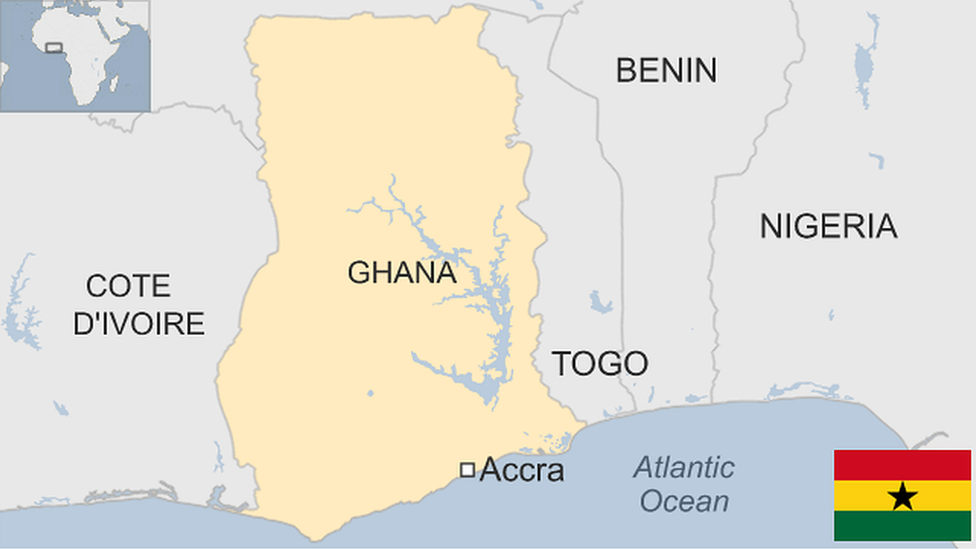Ghana MPs giggle over 'Wise Vagina' village name
- Published
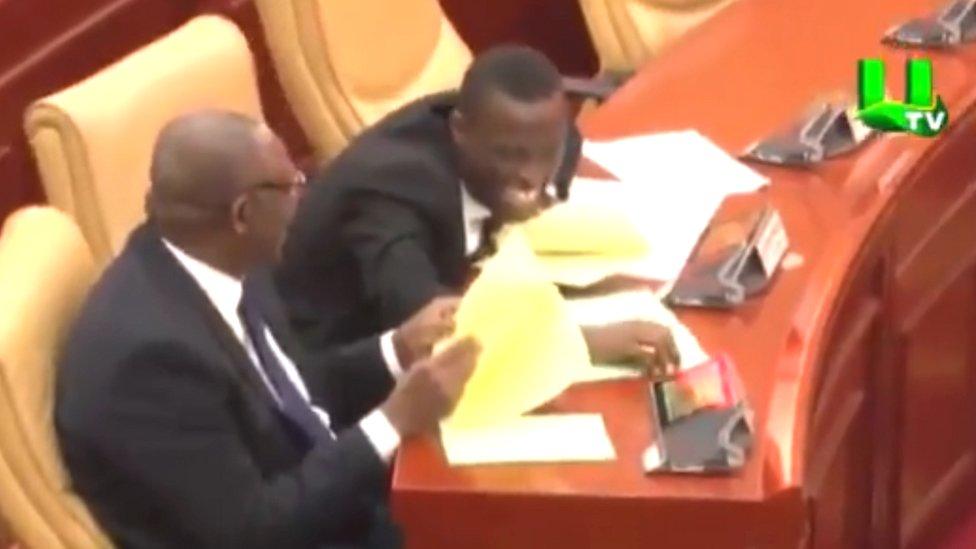
The MP's question caused hilarity in parliament and is likely to help the villages get electricity
Nobody could keep a straight face in Ghana's parliament when MP John Frimpong Osei began listing the names of some villages in his constituency that included references to genitals.
Names in the Twi language like "Vagina is Wise" and "Penis is a Fool" left lawmakers in fits of giggles.
The MP was asking when these areas would get access to electricity.
"Providing them with electricity may interfere with nocturnal activities," joked Energy Minister Boakye Agyarko.
The minister added, in earnest, that a survey would be conducted into how the villages in Abirem constituency in Eastern Region could be connected to the national grid.
This video clip from Thursday shows Mr Frimpong Osei mentioning Etwe nim Nyansa, Kote ye Aboa and Shua ye Morbor:
Allow X content?
This article contains content provided by X. We ask for your permission before anything is loaded, as they may be using cookies and other technologies. You may want to read X’s cookie policy, external and privacy policy, external before accepting. To view this content choose ‘accept and continue’.
These are the English translations for the Twi names:
Etwe nim Nyansa - "Vagina is Wise"
Kote ye Aboa - "Penis is a Fool"
Shua ye Morbor - "Testicles are Sad".
Many Ghanaians had not heard of the villages until they were listed in parliament - and they have been left wondering about the origins of the names.
The BBC's Thomas Naadi in the capital, Accra, says such names are normally given by the first settlers in those communities and are drawn from the life experiences of those individuals.
Almost 80% of Ghana's population has access to electricity, which is almost double the average rate across Africa, according to the World Bank's latest report in 2016, external.
- Published15 May 2015
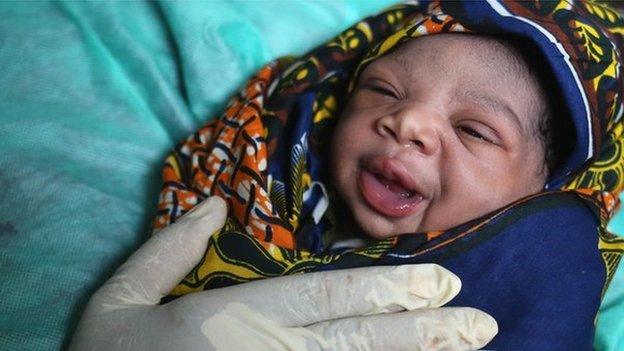
- Published15 July 2018
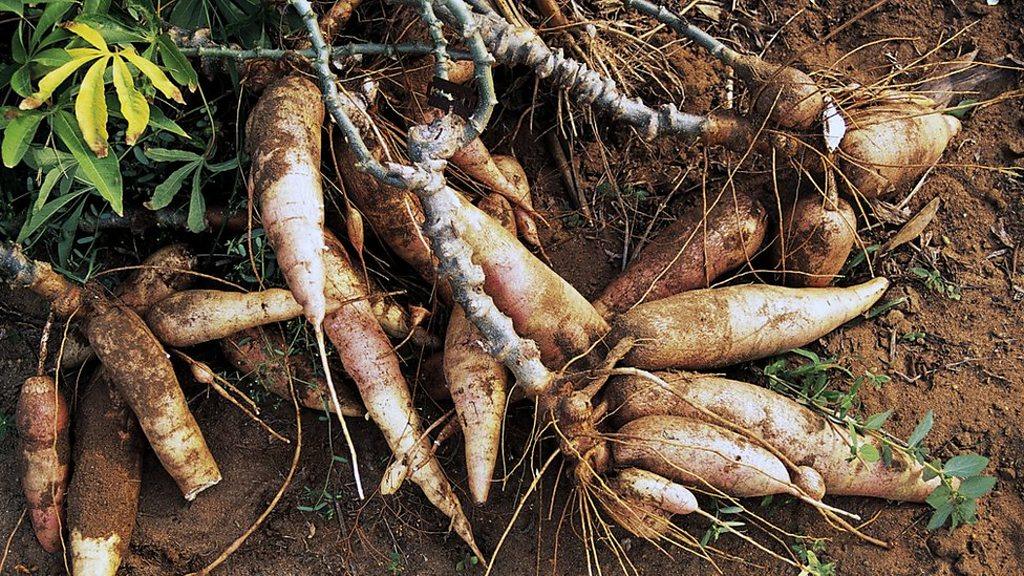
- Published13 March 2015
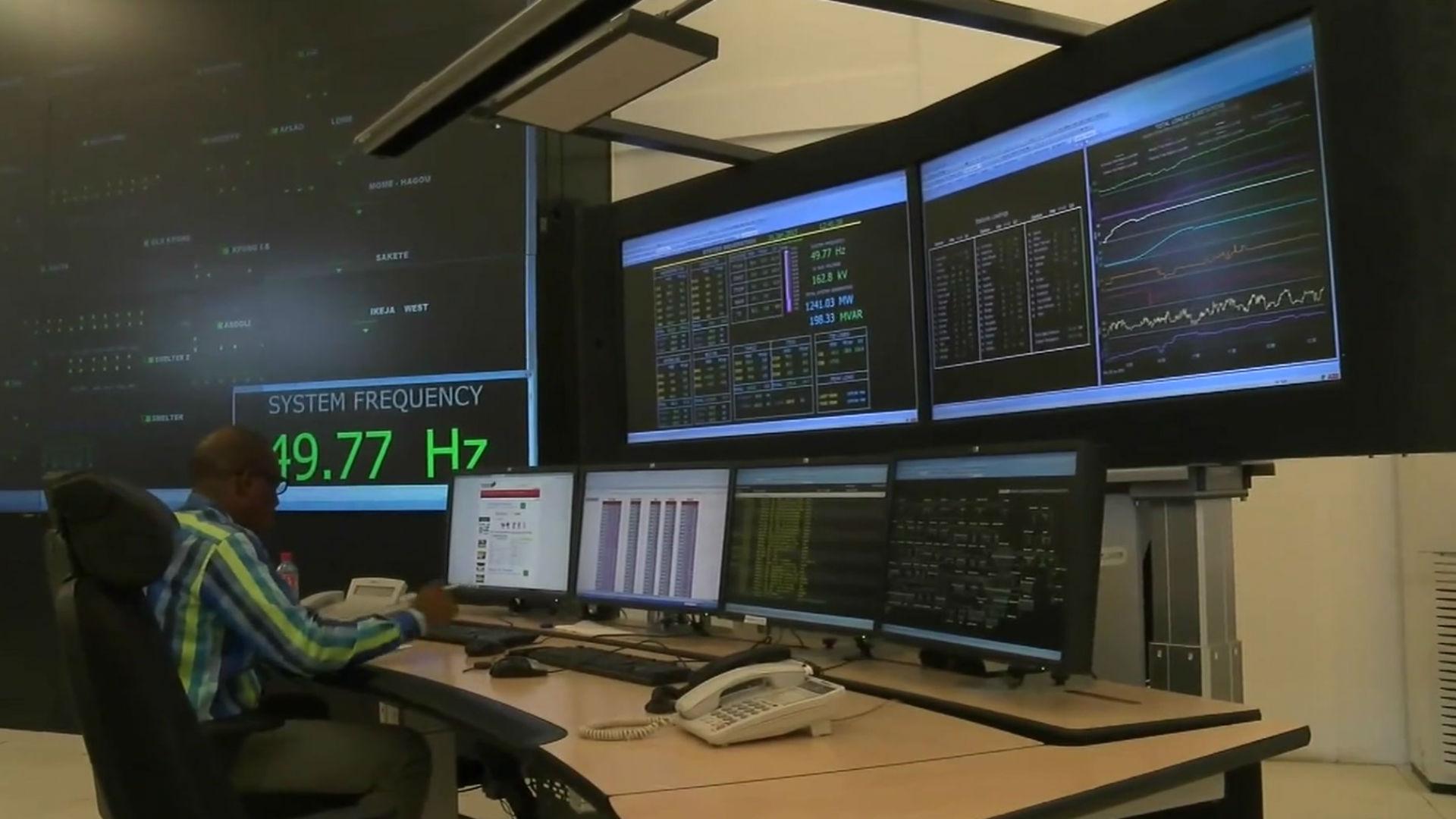
- Published7 January
